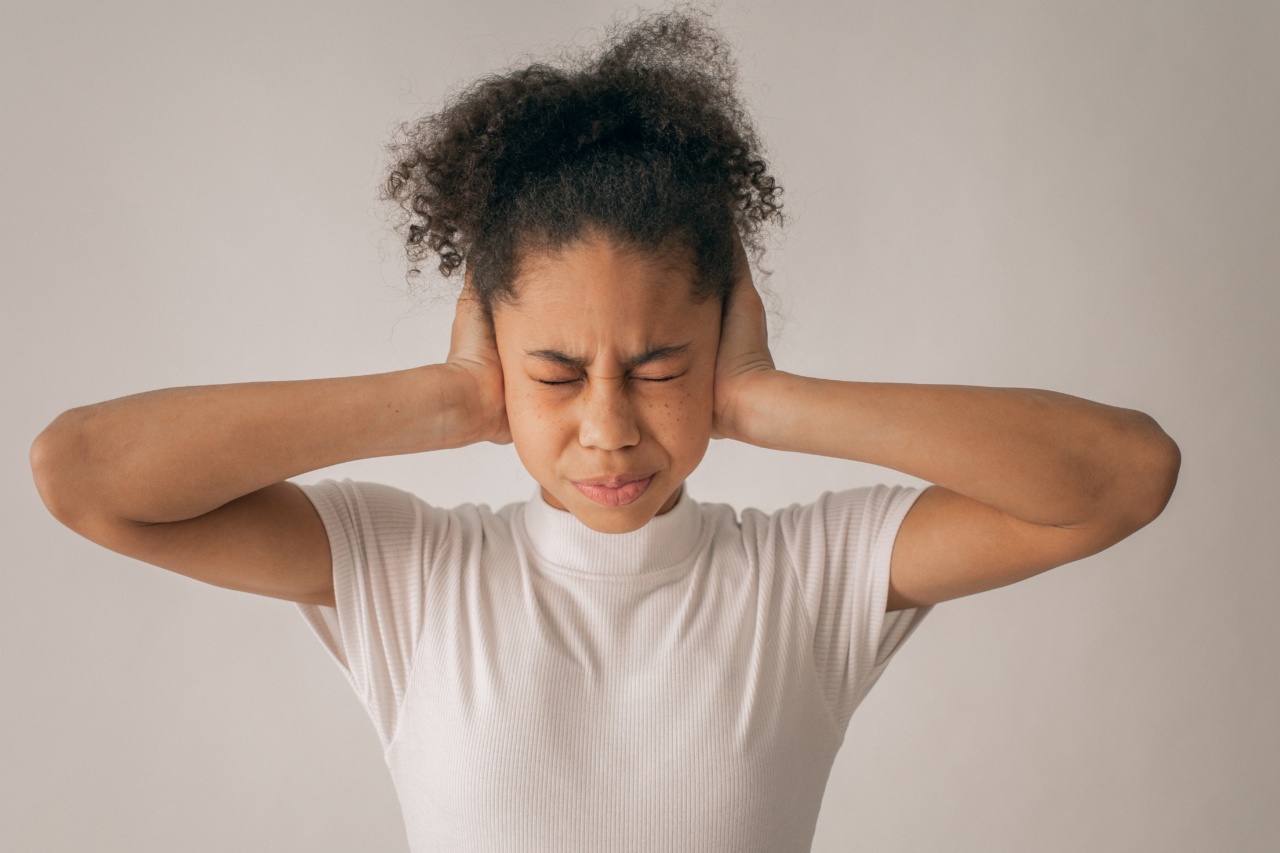Childhood is an important phase of life. It is during this period that an individual undergoes intense physical and emotional development. Unfortunately, not all children have the privilege of enjoying a stress-free childhood.
Some children experience stress, which can lead to hormonal imbalances. Hormonal imbalances caused by childhood stress are real and can have a significant impact on a child’s physical and emotional development.
What is Childhood Stress?
Childhood stress can be defined as a physical, emotional, or psychological response to an external or internal stimulus that exceeds an individual’s ability to cope.
Stress can occur in various forms, including school pressure, parental pressure, abuse, and neglect.
When a child is exposed to stress, it can affect the child’s perception of the environment, leading to negative emotional responses.
The body’s response to stress is regulated by the hypothalamic-pituitary-adrenal (HPA) axis, which releases hormones such as cortisol and adrenaline. A prolonged exposure to stress can disrupt the normal functioning of the HPA axis, leading to hormonal imbalances.
How Childhood Stress Causes Hormonal Imbalances?
Stress hormone cortisol is the primary hormone that causes hormonal imbalance in children. Cortisol is responsible for maintaining the body’s stress response, which can lead to long-term physiological changes in the body.
A prolonged exposure to stress can cause an increase in cortisol levels in the body, leading to hormonal imbalances.
The HPA axis also regulates the secretion of other hormones in the body, including the growth hormone and sex hormones.
A disruption in the HPA axis can lead to a decrease in the secretion of growth hormone and sex hormones, which are essential for normal development and growth.
Effects of Hormonal Imbalances on Childhood Development
Hormonal imbalances caused by childhood stress can have a significant impact on a child’s physical and emotional development. Some of the effects include:.
1. Delayed Growth and Puberty
Growth hormone and sex hormones play a critical role in growth and development. A decrease in the secretion of these hormones due to hormonal imbalances can lead to delayed growth and puberty.
Children who experience stress and hormonal imbalances may have stunted growth and delayed onset of puberty.
2. Mood Swings and Depression
Cortisol, the primary hormone affected by stress, regulates mood in the body. A prolonged exposure to stress can lead to mood swings, anxiety, and depression.
Children experiencing stress may exhibit symptoms of depression, such as a lack of interest in activities, irritability, and social withdrawal.
3. Increased Risk of Chronic Diseases
A prolonged exposure to stress can have long-term effects such as increased risk of chronic diseases. Stress can affect the immune system, increasing susceptibility to infections and autoimmune diseases.
Hormonal imbalances caused by stress can also increase the risk of developing diabetes, obesity, and cardiovascular diseases.
4. Cognitive Impairment
Cortisol has been shown to affect cognitive processes such as memory, attention, and learning. A prolonged exposure to stress can lead to a decrease in cognitive functioning, impairing a child’s ability to learn and retain information.
Treatment of Hormonal Imbalances Caused by Childhood Stress
The treatment of hormonal imbalances caused by childhood stress involves addressing the primary cause of stress. Therapy and counseling can help children cope with stress and emotional trauma.
Additionally, exercise and a healthy diet can help regulate hormones in the body.
In some cases, medication may be prescribed to regulate hormone levels. However, medications should only be used under the guidance of a healthcare professional.
Conclusion
Childhood stress can cause hormonal imbalances, leading to a range of physical and emotional problems.
The effects of hormonal imbalances caused by stress can negatively impact a child’s development, leading to delayed growth and puberty, mood swings, depression, cognitive impairment, and increased risk of chronic diseases. It is crucial to address childhood stress and provide necessary support to minimize the long-term effects of stress on a child’s physical and emotional well-being.































